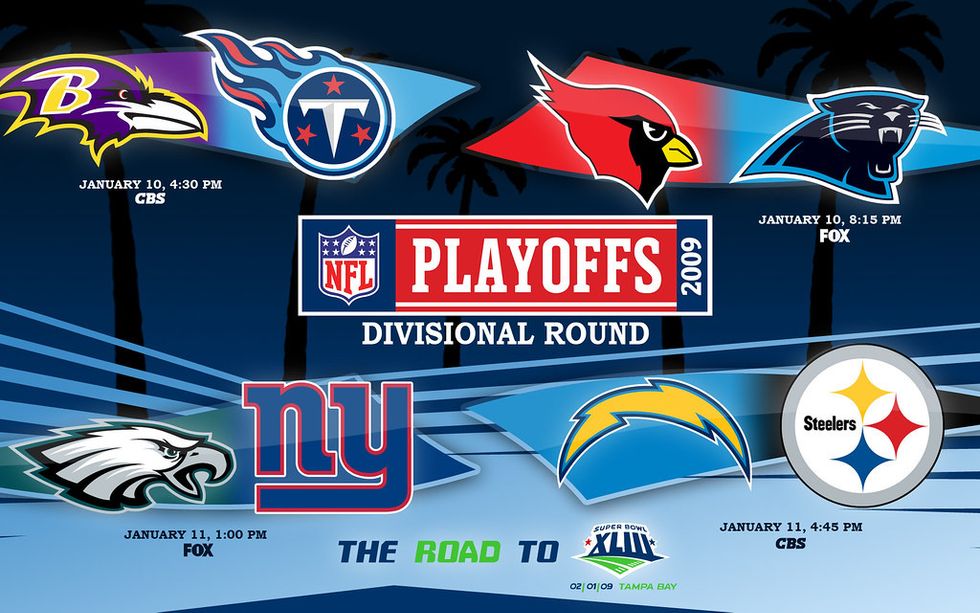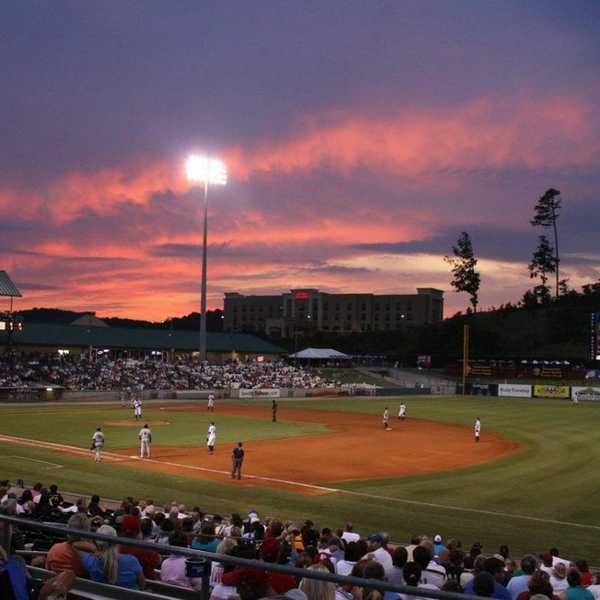As a matter of fact, the league began as a way to coordinate between teams and ensure the reliability of game play for fans perpetually looking forward to their weekly bout of aggression and hot wings.
By the 1930s, the league was well established as a mainstay of American weekends, and right away, began the practice of penalizing teams for canceled games. Although a severe snow and ice storm forced a game to be canceled between the Boston Redskins and the Philadelphia Eagles in 1935, it would be the last game canceled until WWII forced many players to go off to war and forced the rationing of resources. Even so, the league was able to put together a shortened series of games by 1942 and continue on.
Read on to learn more about how the NFL never takes a "sick day" and then check out more great articles on lines.com.
Strikes and the NFL
Throughout the 70s and 80s, games were only canceled when labor negotiations between players and team management broke down. The 70s and 80s were a time for workers to push for better working conditions, and the NFL was no different.
The NFL players' association (NFLPA) was initially formed in the 1950s and 60s as part of the teamsters, finally becoming an independent union in 1968. Although they had their first strike in 1968, no games were canceled that year.
However, in 1974 a strike to end a rule that limited their free agency caused the cancellation of the 1974 All-Star Game. They weren't successful, and were forced to use the court system to end the NFL's rules which limited players' freedom as free agents, but the season played on.
In 1982, the players again began to negotiate for better wages and a pension plan. By the start of the season, negotiations had failed to satisfy, and this time the strike forced the season to be shortened by several games. This left many football fans to focus their energies on college football, leading to much grumbling about entitled millionaire NFL players. Nevertheless, this time, the strike was more successful and led to increased wages and pension plans for players.
By the end of the 1980s, negotiations had mainly resolved, and only one small breakdown in 1987 led to one canceled game, but the strike was ended when NFL management continued the season with teams assembled of replacements.
No other games were cancelled due to player strikes again until 2016 when the Pro Football Hall of Fame Game was canceled due to a stall in negotiations over the new contract. The negotiations finished by the start of the season, but not in time for the players to prepare for the Hall of Fame Game.
The Show Must Go On
The 90s and early 2000s were prosperous and peaceful for the NFL with only two game cancellations due to unsafe turf: one in 1995, and again in 2001. In 2001, the September 11th attacks on the World Trade Center in NYC only pushed the season back by one week.
The late 2010s have brought only one disruption to the NFL. Hurricane Harvey forced the cancellation of Texas' Governor's Cup, a game between the two Texas NFL teams in 2017. All other weather disruptions were handled by postponement or relocation but never complete cancellation.
Interestingly, even the NFL games scheduled for the week after John F. Kennedy was assassinated continued on as planned.
However, as the great horror show of 2020 has taught us, there are times when things must be canceled, pun intended. With recent Dallas players testing positive for COVID-19, and soaring cases in several states, the NFL's fall 2020 season seems to be hanging in the balance.
Here's to hoping for more Sundays filled with beer, harmless aggression, and cheese balls in the shape of footballs.



















